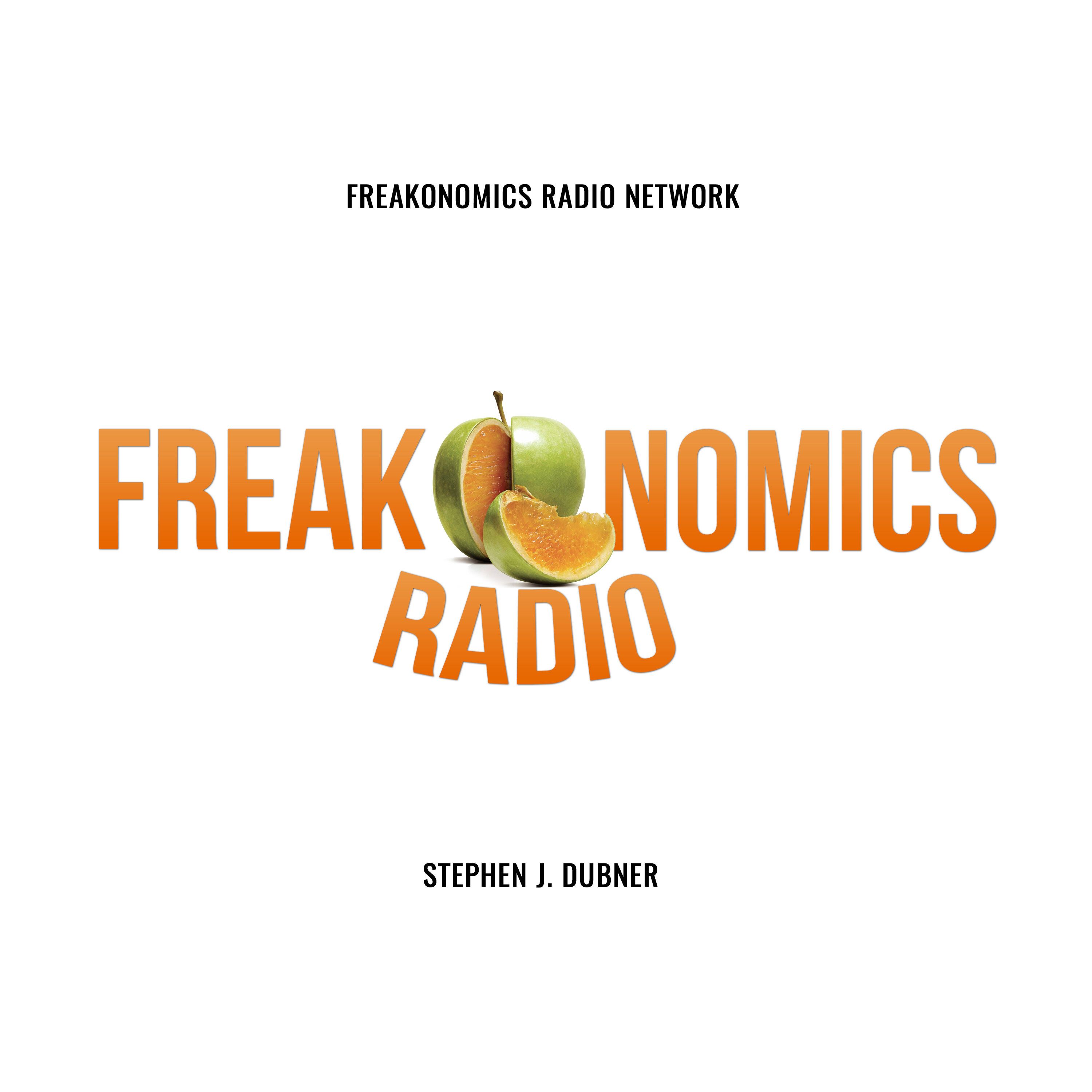615. Is Ozempic as Magical as It Sounds?
In a wide-ranging conversation with Ezekiel Emanuel, the policymaking physician and medical gadfly, we discuss the massive effects of GLP-1 drugs like Ozempic, Wegovy, and Mounjaro. We also talk about the state of cancer care, mysteries in the gut microbiome, flaws in the U.S. healthcare system — and what a second Trump term means for healthcare policy. SOURCES:Ezekiel Emanuel, vice provost for Global Initiatives, co-director of the Health Transformation Institute, and professor at the University of Pennsylvania Perelman School of Medicine. RESOURCES:"Obesity Drugs Would Be Covered by Medicare and Medicaid Under Biden Proposal," by Margot Sanger-Katz (The New York Times, 2024)."International Coverage of GLP-1 Receptor Agonists: A Review and Ethical Analysis of Discordant Approaches," by Johan L. Dellgren, and Govind Persad, and Ezekiel J. Emanuel (The Lancet, 2024).The Coming Wave: Technology, Power, and the Twenty-first Century's Greatest Dilemma, by Mustafa Suleyman (2023)."The Significance of Blockbusters in the Pharmaceutical Industry," by Alexander Schuhmacher, Markus Hinder, Nikolaj Boger, Dominik Hartl, and Oliver Gassmann (Nature Reviews Drug Discovery, 2022).Reinventing American Health Care: How the Affordable Care Act Will Improve Our Terribly Complex, Blatantly Unjust, Outrageously Expensive, Grossly Inefficient, Error Prone System, by Ezekiel J. Emanuel (2014)."Why I Hope to Die at 75," by Ezekiel J. Emanuel (The Atlantic, 2014)."Direct-to-Consumer Advertising of Pharmaceuticals," by Ziad F. Gellad and Kenneth W. Lyles (The American Journal of Medicine, 2014).Brothers Emanuel: A Memoir of an American Family, by Ezekiel J. Emanuel (2013)."Bounds in Competing Risks Models and the War on Cancer," by Bo E. Honoré and Adriana Lleras-Muney (Econometrica, 2006). EXTRAS:"How to Fix Medical Research," by People I (Mostly) Admire (2024)."The Suddenly Diplomatic Rahm Emanuel," by Freakonomics Radio (2023)."Ari Emanuel Is Never Indifferent," by Freakonomics Radio (2023)."Who Pays for Multimillion-Dollar Miracle Cures?" by Freakonomics, M.D. (2023)."Who Gets the Ventilator?" by Freakonomics Radio (2020).

